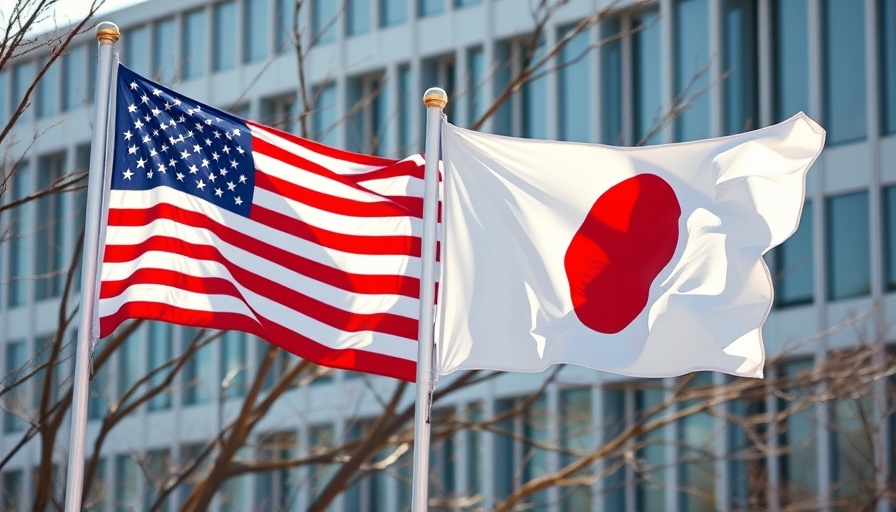
Shifting Military Strategies: The Deployment of B-2 Bombers to Guam
In a significant move amid rising tensions in the Middle East, the United States has decided to relocate B-2 bombers to Guam. This strategic decision comes at a time when the political climate in the region is increasingly volatile, particularly regarding the potential U.S. involvement in Israel's military actions against Iran. These bombers, known for their stealth capabilities and long-range strike ability, have been designated as critical components in the U.S. military's arsenal.
The Role of B-2 Bombers in Military Operations
The B-2 Spirit bombers are not just ordinary military aircraft; they can be outfitted with the Massive Ordnance Penetrator (MOP), a powerful 30,000-pound bomb capable of striking deep underground facilities, such as nuclear sites. This capability makes them particularly suited for targeting Iran's fortified nuclear program. The deployment of these bombers, however, has raised questions about the extent of U.S. military engagement in the Middle East and how this might affect regional stability.
Geopolitical Implications of Military Movement
The decision to send B-2 bombers to Guam could signal a shift in U.S. military focus toward the Pacific, while simultaneously remaining ready to respond to threats in the Middle East. Experts have speculated on whether this move is purely precautionary or if it suggests that the U.S. is preparing for a potential operation involving military strikes. The proximity of Guam to Asia makes it a strategic location for monitoring threats, emphasizing America's global military outreach and commitment to its allies.
The Nature of Middle East Tensions
Currently, the Middle East is characterized by a series of interconnected crises—ranging from Iran's contested nuclear ambitions to ongoing conflicts in Syria and Yemen. With Israel conducting strikes to weaken Iran, the U.S. faces a dilemma: supporting an ally while managing the risks of broader confrontation. As military assets are moved into the region, conflicts have the potential to escalate, affecting both the geopolitical landscape and international economic markets.
Potential Future Actions and Implications
The deployment of B-2s to Guam opens up several possibilities: Will more military assets be sent to bases like Diego Garcia, which is strategically positioned for operations in the Middle East? Experts are analyzing this development closely to predict the U.S. response should tensions escalate further. Understanding these dynamics is crucial for investors as military actions often correlate with market fluctuations, particularly in sectors sensitive to defense and energy.
Investment Insights in Times of Geopolitical Uncertainty
For investors, the current shifts in military strategy provide insights into how geopolitical tensions can impact market conditions. Stocks in defense contractors might see upward trends as military spending increases, while investors in commodities such as oil should be aware of price volatility due to conflicts. Further, if conflict emerges, those focused on portfolio diversification should consider alternative investments that may provide a hedge against potential downturns.
The Importance of Reacting to Market Changes
Given the potential fluctuations in stock markets driven by geopolitical developments, one critical investment strategy is to practice effective risk management. This may include employing techniques like diversification, ensuring a mix of assets, or exploring real estate investments that often behave differently than equities during volatile periods. Furthermore, considering international investments could broaden one’s portfolio and provide protection against localized economic downturns.
Conclusion: The Broader Impact of Military Moves
The movement of B-2 bombers to Guam is a clear indication of the complex and often precarious relationship between military action and economic stability. For investors and analysts alike, understanding these connections is essential to navigate the financial landscape effectively. As geopolitical tensions evolve, keeping an eye on investment strategies that allow for flexibility and security will prove crucial.
 Add Row
Add Row  Add
Add 



Write A Comment